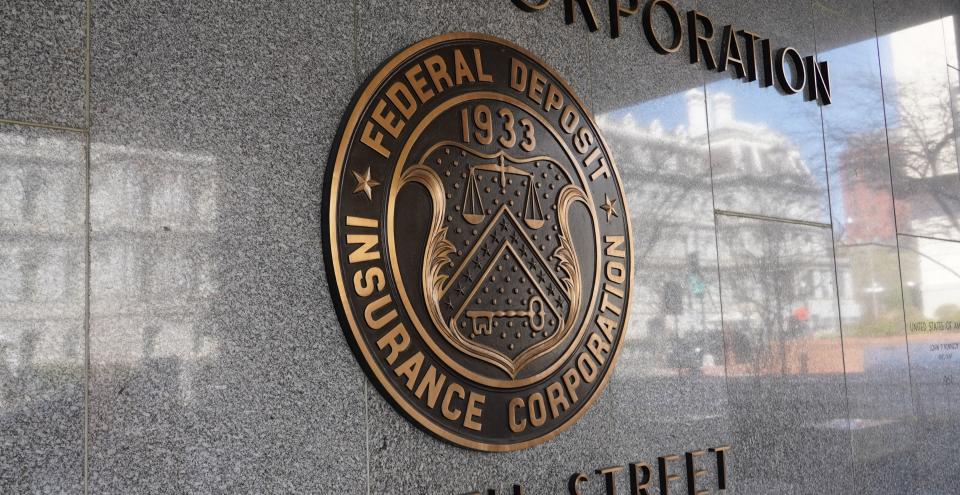FDIC Gives Deadline of Next Week for Crypto Depositors Stranded by Signature Failure

Join the most important conversation in crypto and web3! Secure your seat today
The Federal Deposit Insurance Corp. (FDIC) is trying to hurry the stranded crypto customers out the door of the temporary entity that holds the assets of the former Signature Bank, asking them to cash out by next week – whether they have a new bank or not.
The deal in which the FDIC sold what remained of Signature to New York Community Bancorp didn’t include some $4 billion in crypto-related deposits, nor the bank’s Signet real-time transactions platform. The U.S. banking regulator is still trying to sell Signet, an agency spokesperson said, and is aiming to get the deposits cleared by April 5.
The FDIC has been reaching out to customers connected to the money, encouraging them to find another bank to transfer the funds. If they can’t, they’ll be getting a check to whatever address is on record for the customer, the spokesperson said.
Questions swirled around the stranded crypto clientele, such as whether expectations from the Office of the Comptroller of the Currency (OCC) kept the digital-assets customers out of the Signature purchase deal to NYCB’s Flagstar Bank subsidiary. The FDIC has denied any deliberate effort to segregate the funds. But whether or not the regulators intervened, the OCC’s strict standards for crypto involvement at the banks it oversees does make it difficult for its regulated institutions to bring on new business tied to the sector.
The resistance from U.S. regulators – also including the Federal Reserve – has made banks increasingly shy about their crypto involvement. Even Signature – which FDIC Chair Martin Gruenberg told senators this week “focused a significant portion of its business model on the digital asset industry” – had been pulling away from that business before it collapsed. So uncertainty remains about how easy it will be for its former customers to find new lenders to take their business in the next week.
The government’s rescue of Signature’s depositors – including the uninsured deposits typical of crypto clients – is expected to cost the FDIC’s insurance fund $2.5 billion, and Gruenberg said Signature’s former management is under investigation for its conduct that may have contributed to the failure.
Nikhilesh De contributed reporting.

 Yahoo Finance
Yahoo Finance 